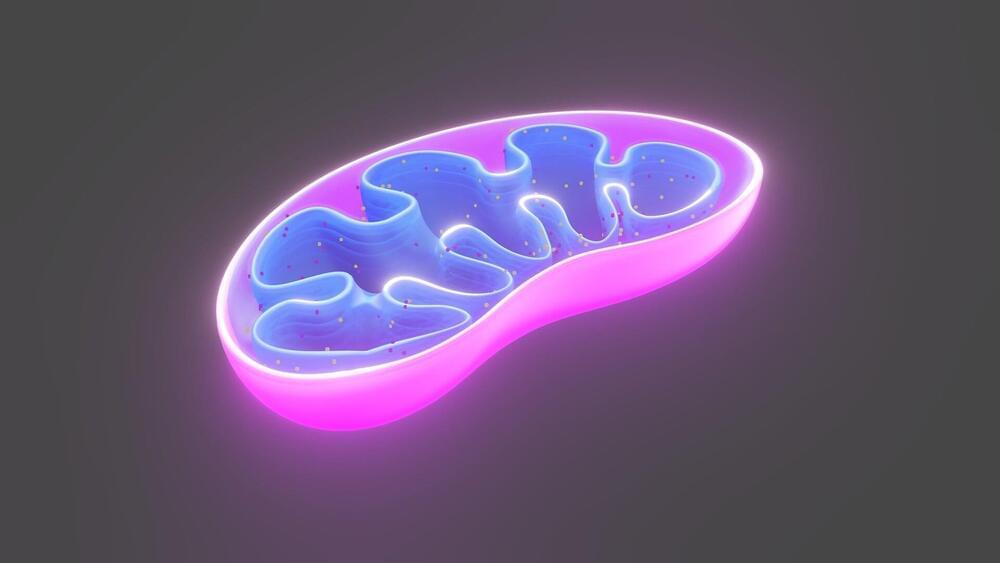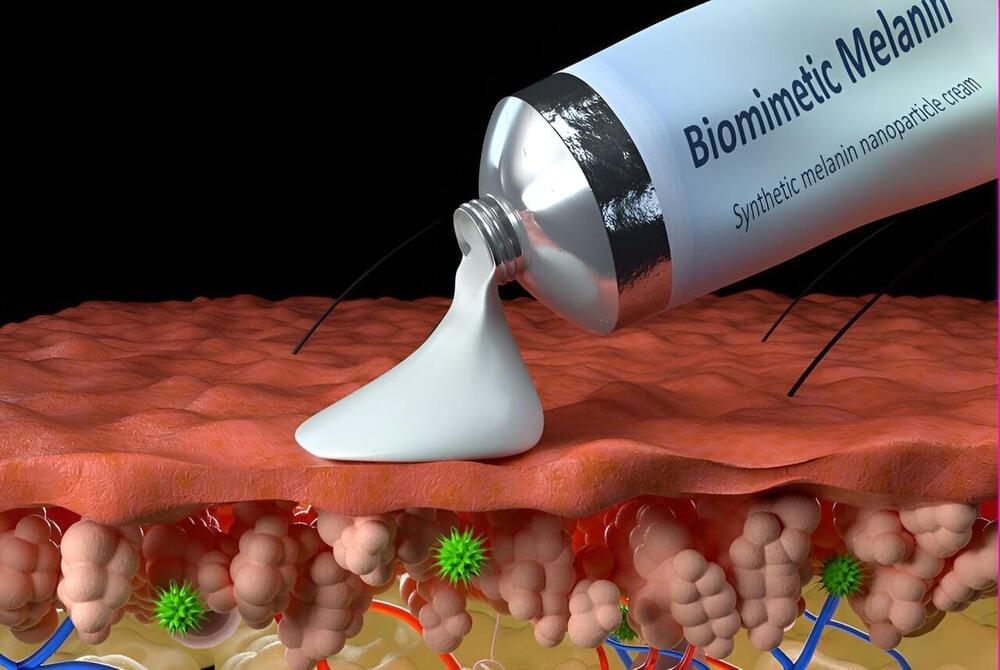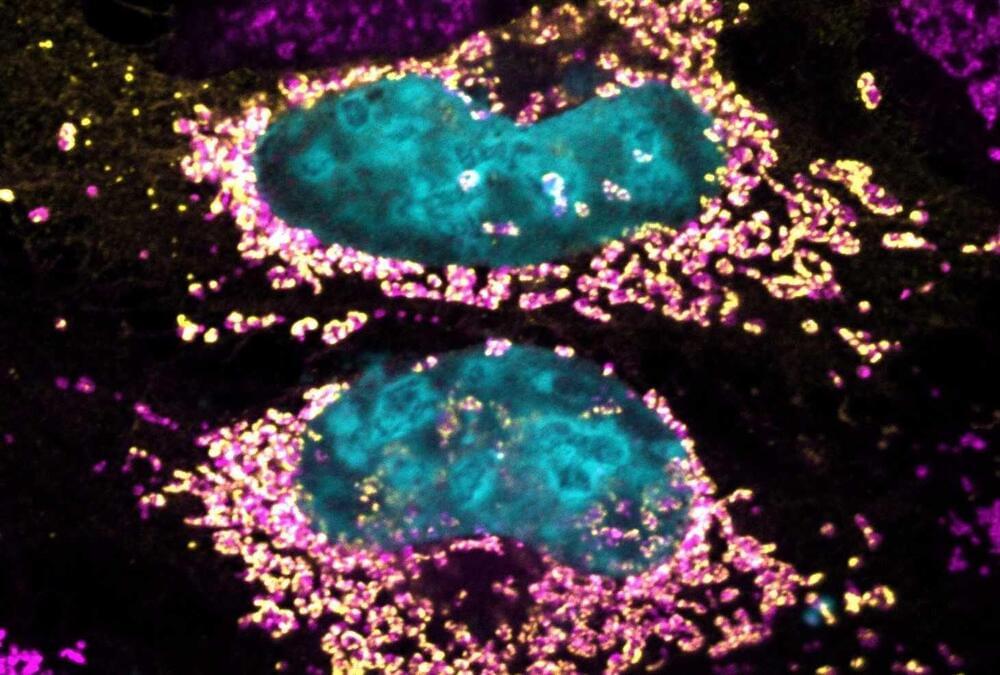Summary: Researchers made a breakthrough in memory research by genetically modifying the LIMK1 protein, crucial for memory, to be controlled by the drug rapamycin.
This study demonstrates the ability to enhance memory functions by manipulating synaptic plasticity in the brain.
The engineered protein showed significant memory improvement in animal models with age-related cognitive decline, offering potential for innovative treatments for neuropsychiatric diseases like dementia. This ‘chemogenetic’ approach, blending genetics and chemistry, opens new avenues in neurological research and therapy.




